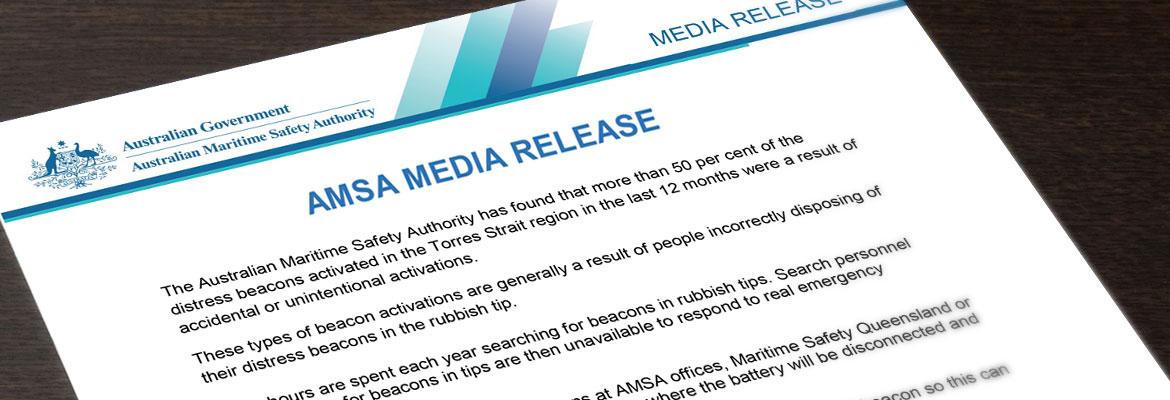
The Marine Safety (Domestic Commercial Vessels) National Law Bill, which creates the National System, is currently being reviewed by state and territory transport ministers before being introduced to the House of Representatives later this month.
The Bill, which is a component of national transport reforms agreed by the Council of Australian Governments (COAG) in 2009, is aimed at improving safety and reducing the regulatory burden and costs on Australian maritime operators.
It will combine eight commercial vessel regulatory systems into one. For the first time, there will be nationally uniform approach to vessel safety, providing economic benefits and greater certainty for industry.
The Bill provides consistent regulation of the domestic commercial vessel industry. It also provides continuous improvement of maritime safety, promotes public confidence in the safety of marine operators and ensures effective identification and management of safety risks through a National System.
The National System will be administered by the Australian Maritime Safety Authority with state and territory transport agencies being delegated powers to ensure its day-to-day operation around the country.
Vic Goy, Chief Executive Officer of Marine Training Services in Victoria said following years of consultation and discussion, the industry is relieved the National System is nearly finalised.
“We have been willingly involved in this process for a long time because we’re keen to see the benefits that will come from operating under one set of rules,” he said.
Angus Callander, from the West Australian Fishing Industry Council said the industry has for many years been seeking clarity and cohesion in regards to marine safety regulations.
“Finally, we’re going to get a system that makes sense. Currently, Industry is expected to abide by eight different sets of laws, which makes transiting around the country complicated and costly,” he said.
Neil Stump, Chief Executive Officer of Tasmanian Seafood Industry Council said the increased efficiency in operations will improve business prospects for Australian vessels and vessel operators.
“It is anticipated the national system will provide clear and consistent regulations, which will lead to improved business and safety outcomes. We also anticipated the regulatory burden on industry will be streamlined,” he said.